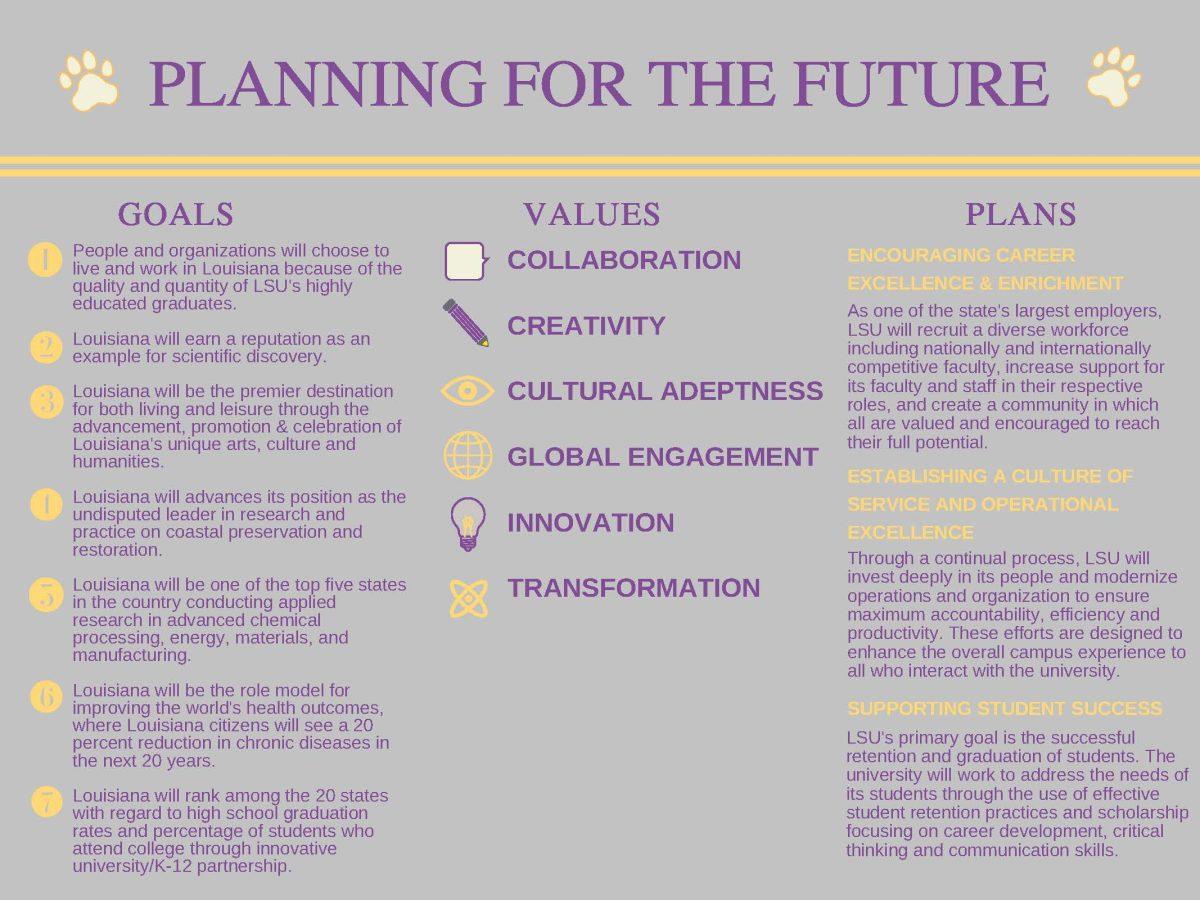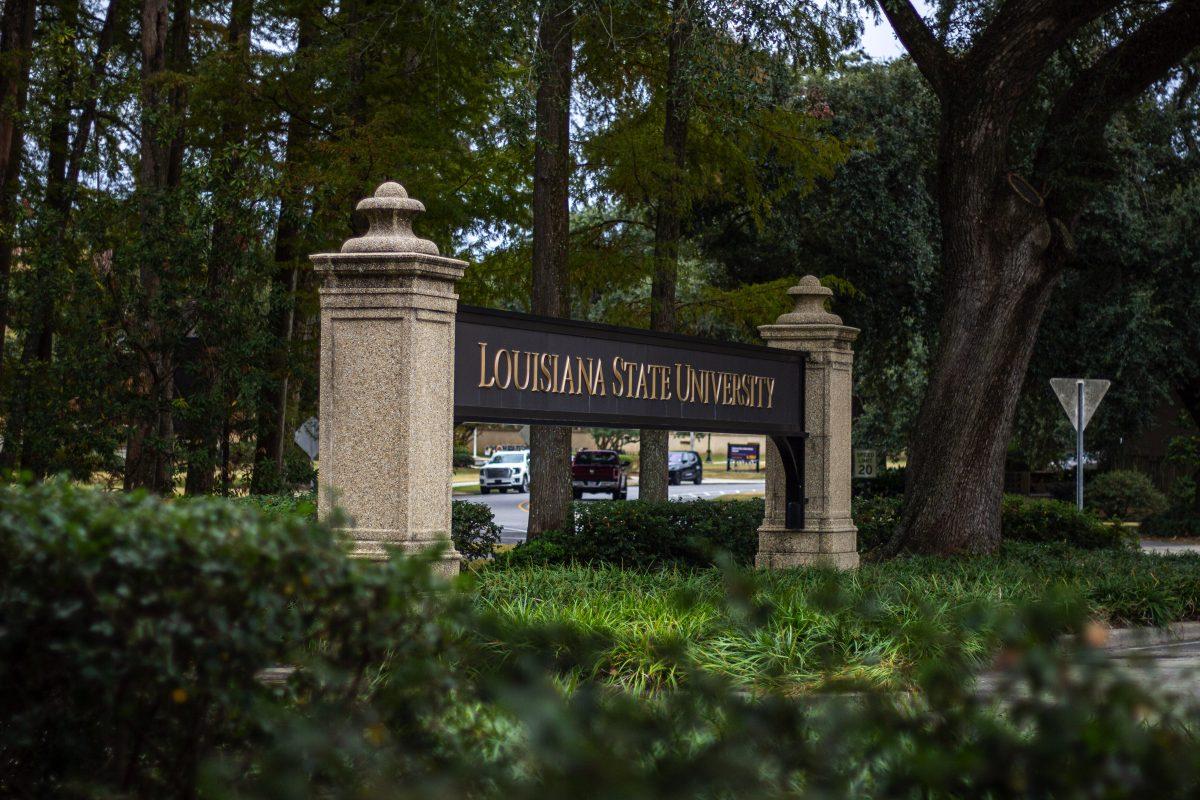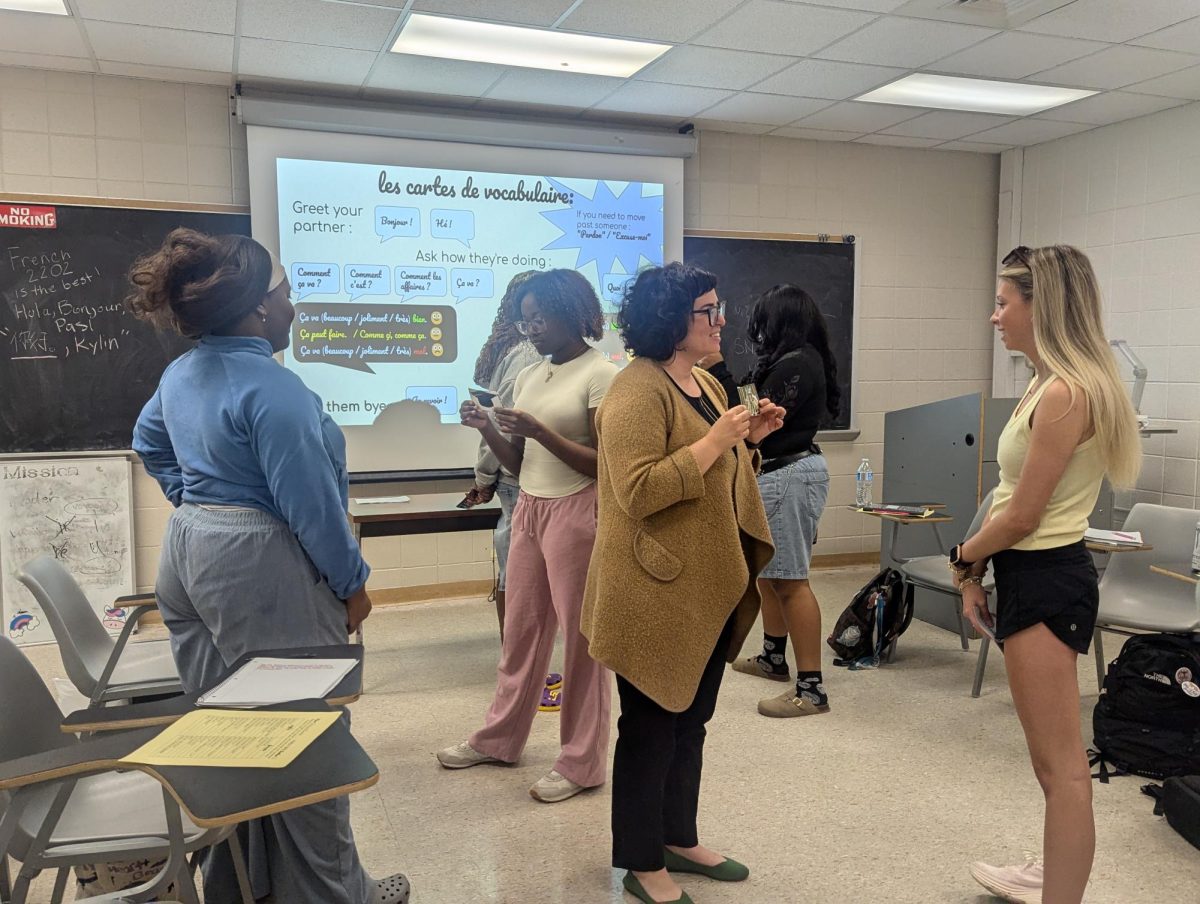This year, the University unveiled a new strategic plan, developed by students, faculty and staff and rooted in the goals of the original charter for the University.
Executive Vice President and Provost Richard J. Koubek said the plan is designed to make the University stand out as a research-intensive, balanced university that graduates the future leaders of the world.
“What you see in [the plan] is an instantiation of the LSU faculty, staff and students belief system and their hope for the future of LSU,” Koubek said. “This is the community’s plan.”
The new strategic plan is designed to be true to the original mission statement of the University in 1887. Koubek said the original charter of the University is very clear on two points: it is a balanced University and as the flagship institution of the state, the University has the responsibility to graduate the future leaders.
“We need to be strong in the arts and humanities and strong in the sciences as well,” Koubek said. “Also, people that graduate from LSU don’t just go into the workforce, they create opportunities for the work force. They create new jobs.”
LSU President F. King Alexander said the new strategic plan recommits the University to solving statewide and national problems.
“It’s a recommitment back to our land-grant roots,” Alexander said. “We’re the only [university in Louisiana] that can have this kind of statewide impact. Our argument … is that the boundaries of our state are the boundaries of our campus.”
Koubek said the new strategic plan stands out because the University is more focused on the impact that it has on the community.
“If you look at other strategic plans for universities across the country, you’ll see they typically say things like ‘we want to be top twenty in this and this,’” Koubek said. “That was not the heart and soul of the faculty and staff of LSU.”
The strategic plan outlines six values, which Koubek says act as “personality traits” of the University — collaborative, creative, culturally adept, globally engaged, innovative, transformative.
“We interviewed our alums, and we tried to distill, ‘what are those attributes that made them successful?’,” Koubek said. “We identified these six attributes. If LSU is going to transfer these values, then they’ve got to exist in the faculty that are teaching [students.] LSU is made up of people, this is who we are.”
The strategic plan names six “strategic challenges” for the University to focus on — advancing arts and culture, bridging the coast, energy and environment, fostering research and catalyzing economic development, improving health and wellbeing, transforming education and developing leaders. The University plans to have state, national and global impact with the initiatives that support these challenges.
Ten University-led initiatives will begin this fall and will serve as the basis for the University fundraising capital campaign. These initiatives include “LSU Integrative Core,” a plan to revitalize the University’s general education requirements. General education courses will be altered to involve students in integrative learning environments or co-curricular classes. Other initiatives include The Louisiana Arts Connection, The Energy Center, the LSU One Health Institute and the Institute for STEM Literacy.
More than 4,000 members of University faculty, staff and students participated in developing the new strategic plan. From interviews, to an online survey, to face-to-face focus groups, the University community played an integral part in developing the key values for the school’s future.
“The mission of the institution isn’t that the institution is great,” Koubek said. “It’s that the students, when they graduate, will have an incredible future ahead of them partly because we’ve done a good job of educating them. The end goal is that those whom [the University] serve[s] are successful, but we have to be excellent for that to come to pass.”
More information, including a copy of the strategic plan can be found at strategicplan.lsu.edu.
Dena Winegeart contributed to this report.












